Rachel: How did you experience this emotional care being centered in the room?
Dante: The first thing that pops out is humor, actually. Laughter. You know, silliness and goofiness and screaming and giggling. I’m so glad that we never lost sight of that. Joy underpins this piece. Joy drives this piece. So, part of the care involved honoring the trauma, yes, but also honoring the joy, absurdity, hilarity.
Clara: Yeah, it’s so important, Laughter can bring an ease into the room that is incredibly grounding, especially with trauma-informed work.
Our process was filled with intentional care. Care can come in many different shapes and forms: being in tune and aware of what happens in the room, time management, bigger picture organizational aspects. It also means being flexible with our rehearsal plan. The amount of care and time that we took in moments when hard things came up, just to sit with it and share about what’s present, was just as beneficial as working on the blocking for the show.
I would remind myself that I had survived the hardest part of the story, which was the living through it.
Dante: A couple weeks before the show, I felt like I was crashing. What really helped was Clara saying, “It’s just part of the process.” That normalized it, you know? I wasn’t scared of it then. I moved through it. We moved through it together. A lesser director, only focused on logistics, would be like, “Dante, I hear that, but it’s two weeks before the show.” But we weren’t panicked.
Clara: Yes, totally. Doing SEAL at Virginia Tech, it was really nice to feel the affirmation of an intentional process. I’m such a process-oriented person, and with this show in particular, prioritizing our needs in the process was crucial.
Rachel: In the moments when you did experience stress or a sense of urgency, how did you recenter on those values and priorities?
Clara: First, taking deep breaths in moments of stress and grounding myself in abundance is key. It’s all in divine timing. Second, I am very conscious of my energy in the room. If I feel stressed as the director, as the person who’s setting the tone, the room will be stressed. I want to be a calm, focused, open presence in the room. Third—especially in moments of stress and panic—I fall back on care, intentionality, and open communication, because that’s when I need it the most. I acknowledge stress and anxiety is present in my body, and I can still show up with my intentions of how I want to be in the room. The anxiety and stress doesn’t need to take over my system.
Dante: Yeah, sometimes we had to take emotion out of it, actually. Sometimes I had to just tell myself, “It’s just a show. It’s just a play.” I would remind myself that I had survived the hardest part of the story, which was the living through it. By the end of this run I established a mantra with younger Dante: “I do this for you like you did this for me.”
Rachel: As we wrap up, what are some big takeaways that you would want to pass on to other director and actor/writer teams who are making similar kinds of work or working in a similar way?
Clara: Set an intention for yourself as the director. Create clarity around how you want to exist in this process. Honor the intention, especially in the trying times. Remember, the energy of your rehearsal room will be palpable on stage and for the audience, so be intentional about what that energy is. Be intentional about the space you set up for everyone to work in. That’s your responsibility as the director.
Set a communication standard: how do we communicate with each other during this process? You’re going to be so focused on the work, on your team, so make sure that outside the process, you have a support system you can talk to and process with.
Keep an overview of the timeline while remaining present with what is needed in the moment as you move along. Honor what is needed. If rest is needed, spend time on a longer warmup. Trust me, your rehearsal will benefit from you being able to honor the needs of the present room.

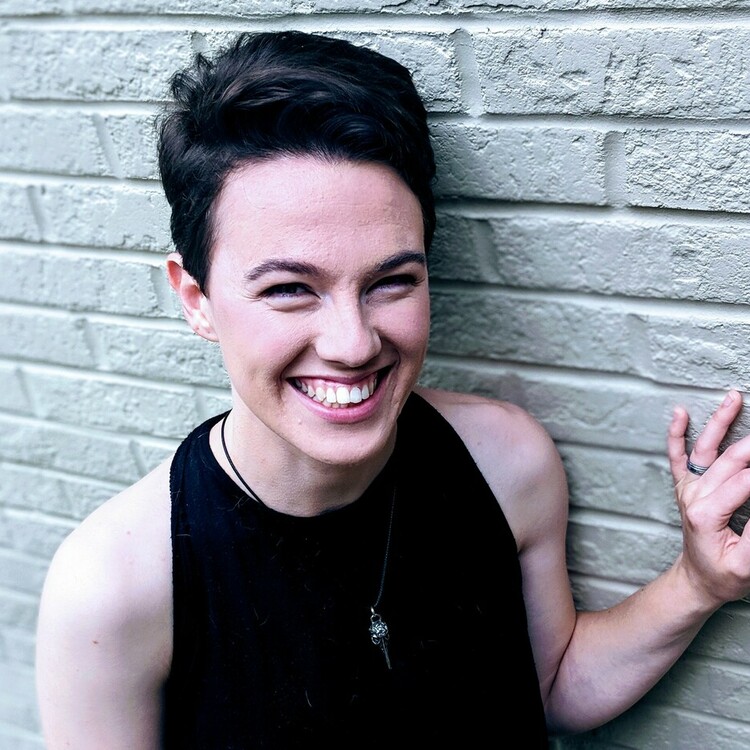
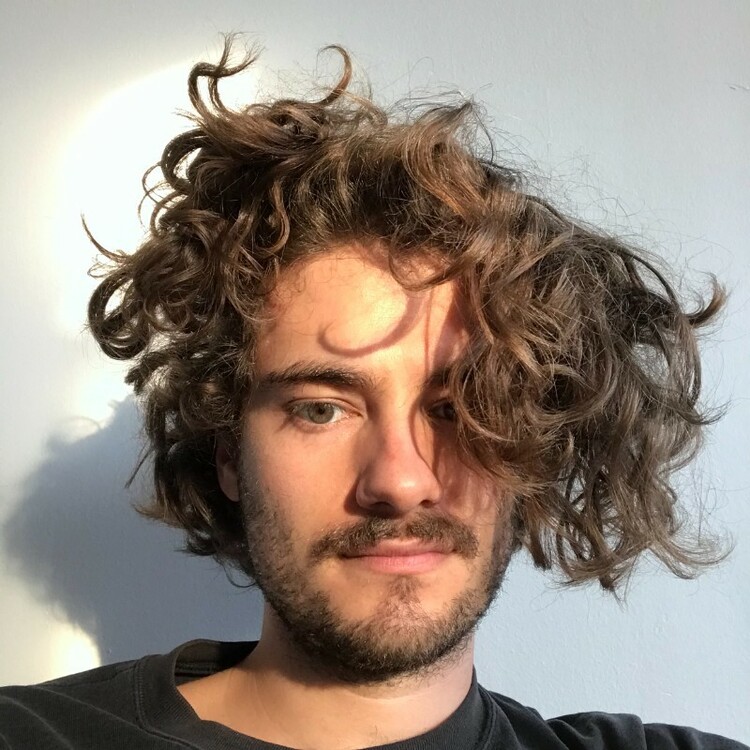
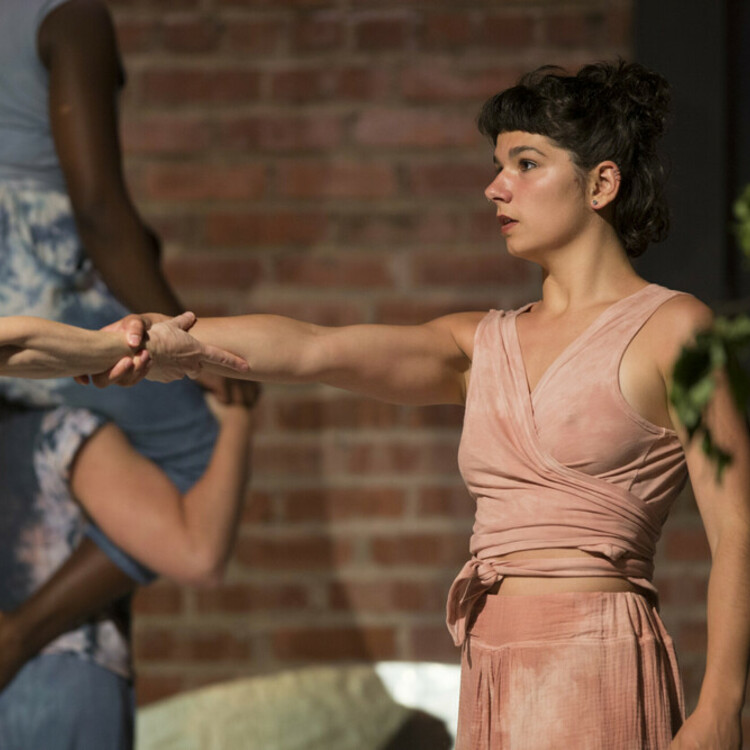
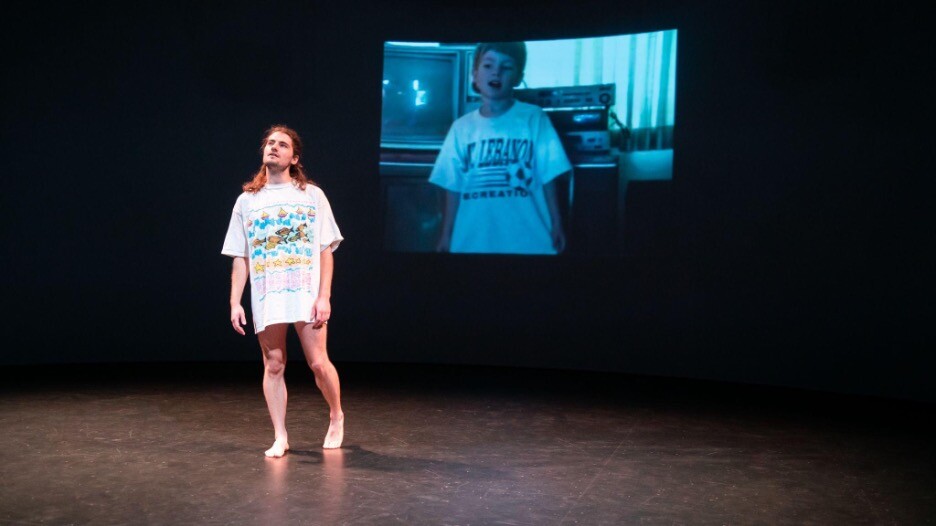
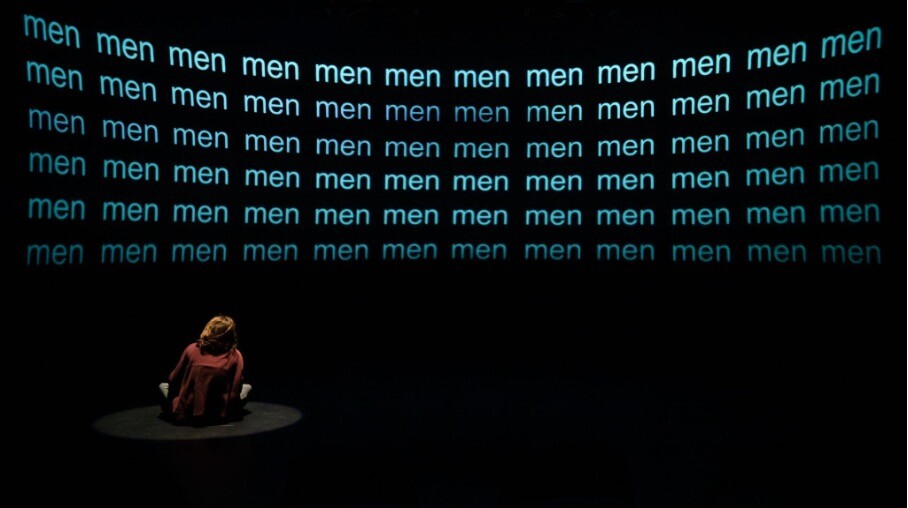
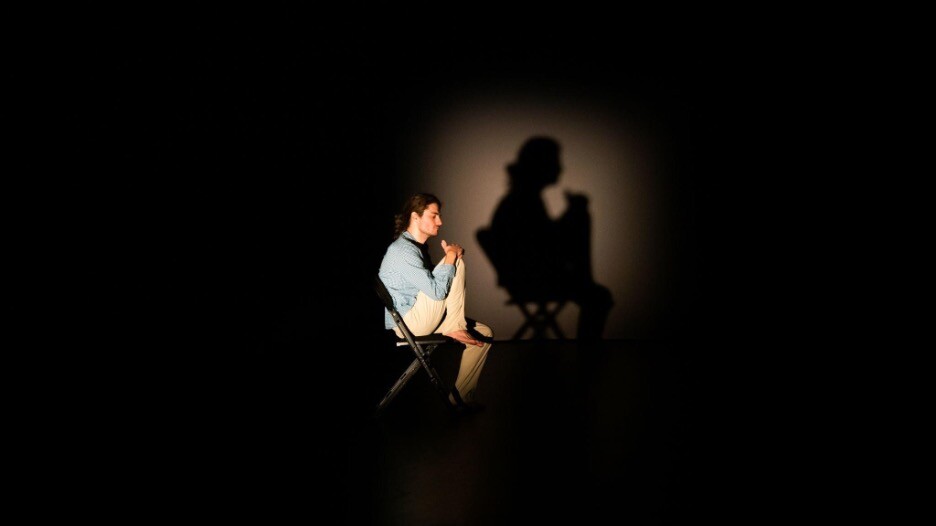
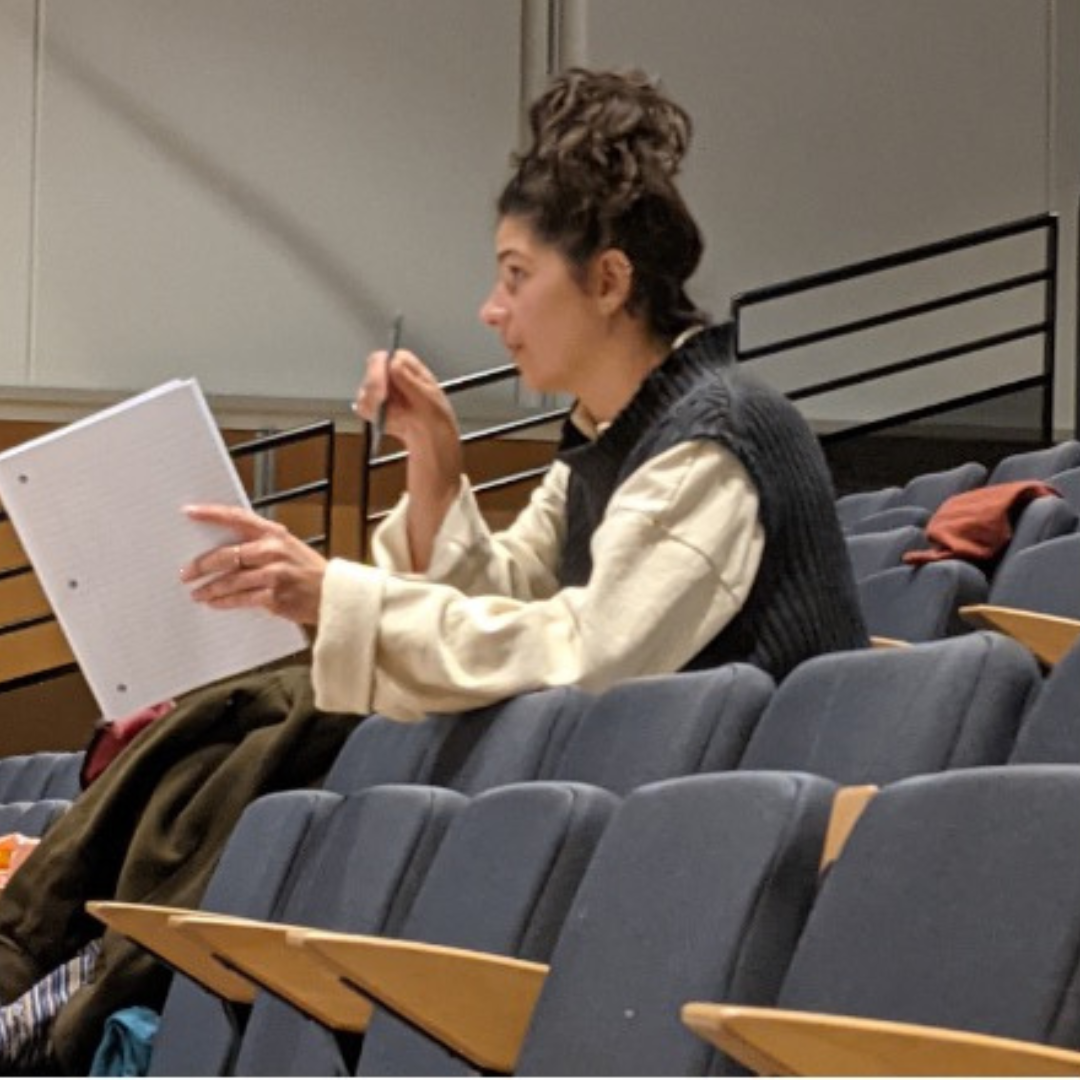
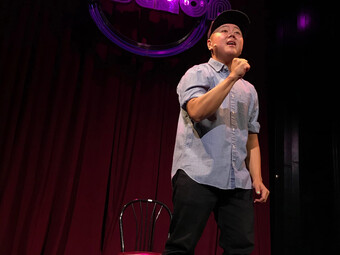






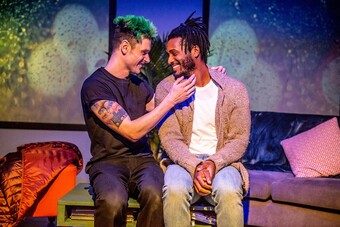


Comments
The article is just the start of the conversation—we want to know what you think about this subject, too! HowlRound is a space for knowledge-sharing, and we welcome spirited, thoughtful, and on-topic dialogue. Find our full comments policy here